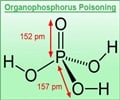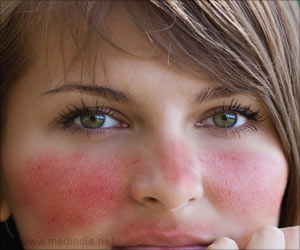Elevated levels of DDT in the mother's blood were associated with a nearly four-fold increase in the daughter's risk of breast cancer.

DDT or dichlorodiphenyltrichloroethane synthesized in 1874 is a colorless, crystalline, tasteless and odorless organochloride known for its insecticidal properties.
Researchers examined a group of women who were exposed in utero to DDT in the 1960s, in the United States. The data came from a California program called Child Health and Development Studies (CHDS), which studied 20,754 pregnancies among women who were members of the Kaiser Foundation Health Plan from 1959 through 1967.
"This 54-year study is the first to provide direct evidence that chemical exposures for pregnant women may have lifelong consequences for their daughters' breast cancer risk."
Stored blood samples from 118 mothers who had daughters diagnosed with breast cancer by age 52 gave scientists a picture of how much DDT exposure they had when pregnant or shortly after giving birth.
"Independent of the mother's history of breast cancer, elevated levels of DDT in the mother's blood were associated with a nearly four-fold increase in the daughter's risk of breast cancer," said the study.
Women in the highest exposure group were also more likely to be diagnosed with advanced cancer than women who were not exposed to DDT. The chemicals in DDT are known to be endocrine disruptors, which can mimic and interfere with the function of the hormone estrogen.
Source-Medindia
 MEDINDIA
MEDINDIA




 Email
Email









